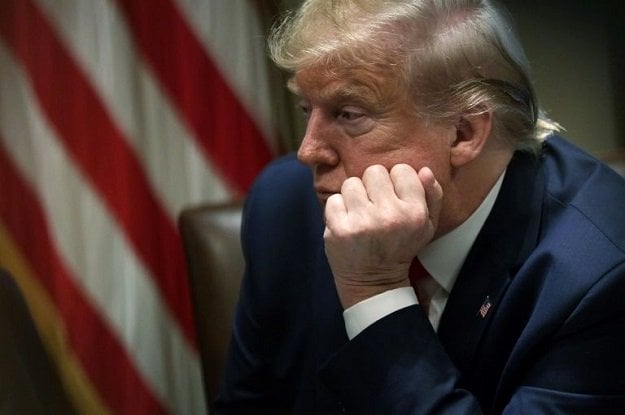
President-elect Donald Trump has been sentenced to an "unconditional discharge" following his conviction on 34 charges of falsifying business records related to a hush money payment to adult film star Stormy Daniels during the 2016 presidential campaign.
The sentence, issued by New York state Judge Juan Merchan, means Trump will face no imprisonment, fines, or probation, though the conviction will remain on record.
This development makes Trump the first US president-elect to be sentenced for a criminal conviction. Despite the ruling, Trump will assume office on January 20 as a convicted felon. The sentence followed the recommendation of prosecutors, who emphasized the need to respect the office of the presidency and Trump’s upcoming inauguration.
The case stems from allegations that Trump authorized his former attorney, Michael Cohen, to pay $130,000 to Daniels to keep quiet about an alleged affair in 2006, which Trump denies. Daniels testified during the trial, and Trump was convicted in May 2024.
The sentencing was allowed to proceed after the US Supreme Court rejected Trump’s appeal to halt the case in a narrow 5-4 decision. Commenting on the ruling, Trump described it as a "fair decision" and hinted at pursuing further appeals.
While the unconditional discharge spares Trump immediate legal penalties, the conviction casts a historic shadow over his presidency.
The Class E felony charges could have carried a penalty of up to four years in prison and significant fines per count. However, New York Justice Juan Merchan ruled that imposing such penalties would interfere with Trump's role as president, citing the need to respect the highest office in the land.
“This court has determined that the only lawful sentence that permits entry of judgment of conviction without encroachment on the highest office of the land is a sentence of unconditional discharge,” Merchan said during the sentencing.
What is an Unconditional Discharge?
An unconditional discharge allows a conviction to stand without imposing further penalties such as prison time, fines, or probation.
Barbara McQuade, a former US attorney, described it as “the case is over, the conviction stands, and no further conditions attach.” Similarly, Sarah Krissoff, a former federal prosecutor, explained that the sentence preserves the jury's verdict while limiting its consequences.
However, the conviction is not without repercussions. As a convicted felon, Trump faces restrictions, including being barred from purchasing firearms in New York and Florida.
While the sentencing resolved this legal case, the broader implications of a convicted felon assuming the presidency continue to raise questions as Trump prepares for his inauguration on January 20.

1736541297-0/Untitled-design-(59)1736541297-0-165x106.webp)
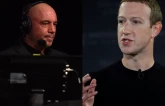


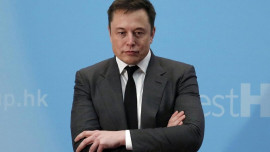
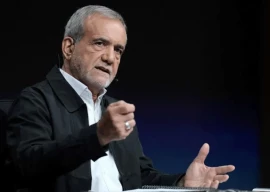
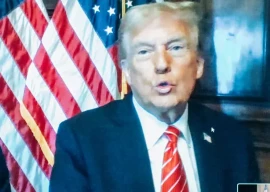

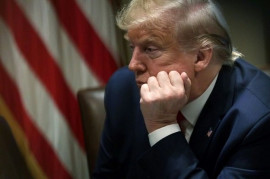



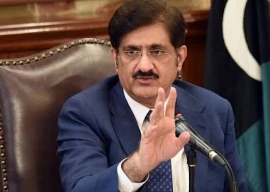









COMMENTS
Comments are moderated and generally will be posted if they are on-topic and not abusive.
For more information, please see our Comments FAQ